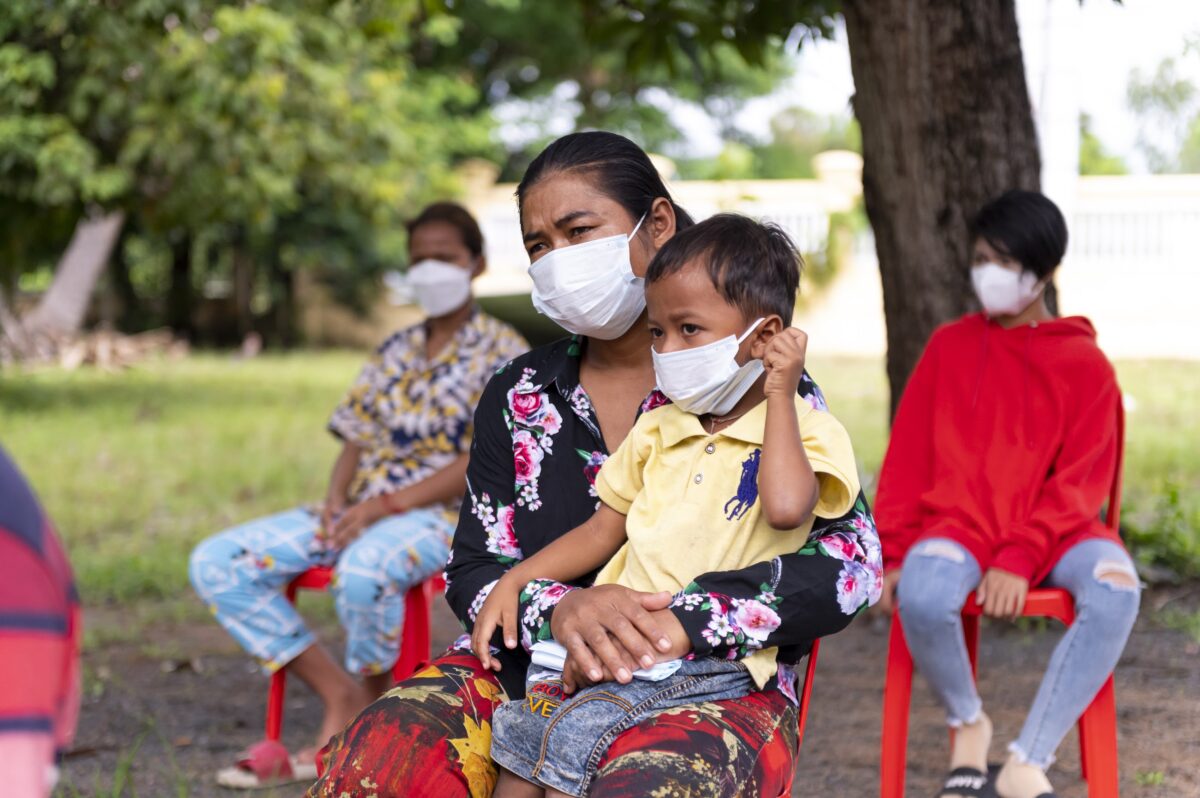Ethiopia recorded 372 000 confirmed cases of COVID-19 and around 6800 deaths in the first two years of the pandemic.
Since March 2022, when the first case was recorded, health facilities diverted all available resources to preventing and treating COVID-19, and this negatively impacted on maternal, newborn, and child health, non-communicable diseases, surgery, and HIV, TB, and malaria.
Many health facilities closed down completely.
Disruptions in the supply chain system led to a stock-out of essential drugs and a shortage of medical equipment.
The Global Fund supported Ethiopia with US$111.1-million to fight COVID-19, focusing on strengthening the community health system, which is a well-integrated programme in the country.
Plans are to further assist with surveillance programmes, strengthen laboratory systems, COVID-19 case finding, contact tracing, case management, and home-based isolation and care.
Further investments also targeted infection prevention and control, risk communication and community engagement, and protecting vulnerable populations.

